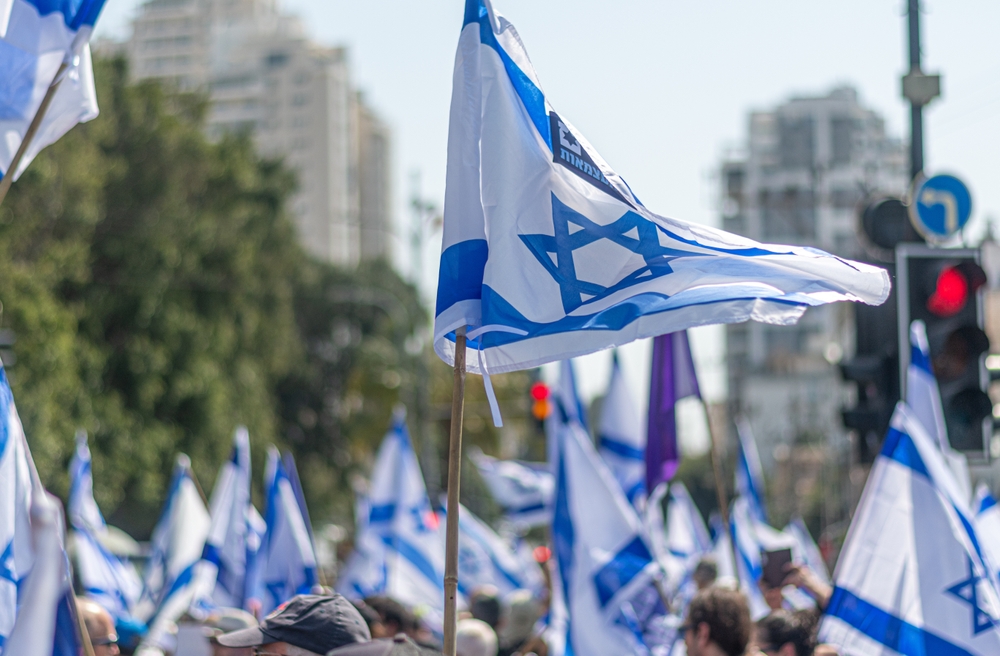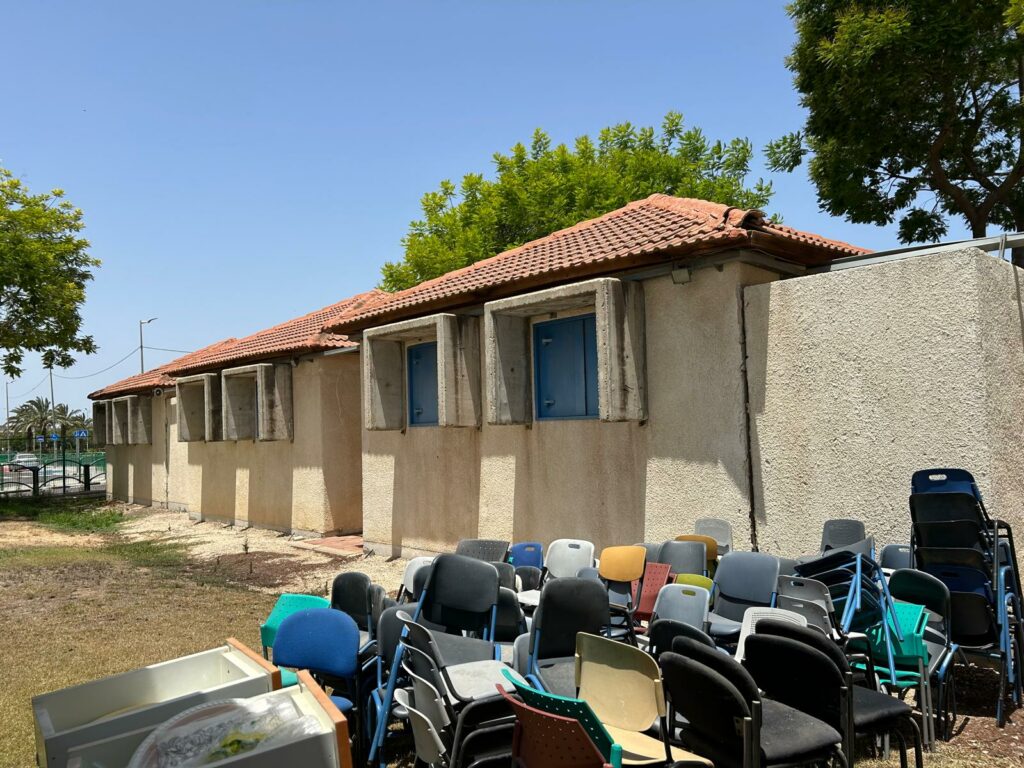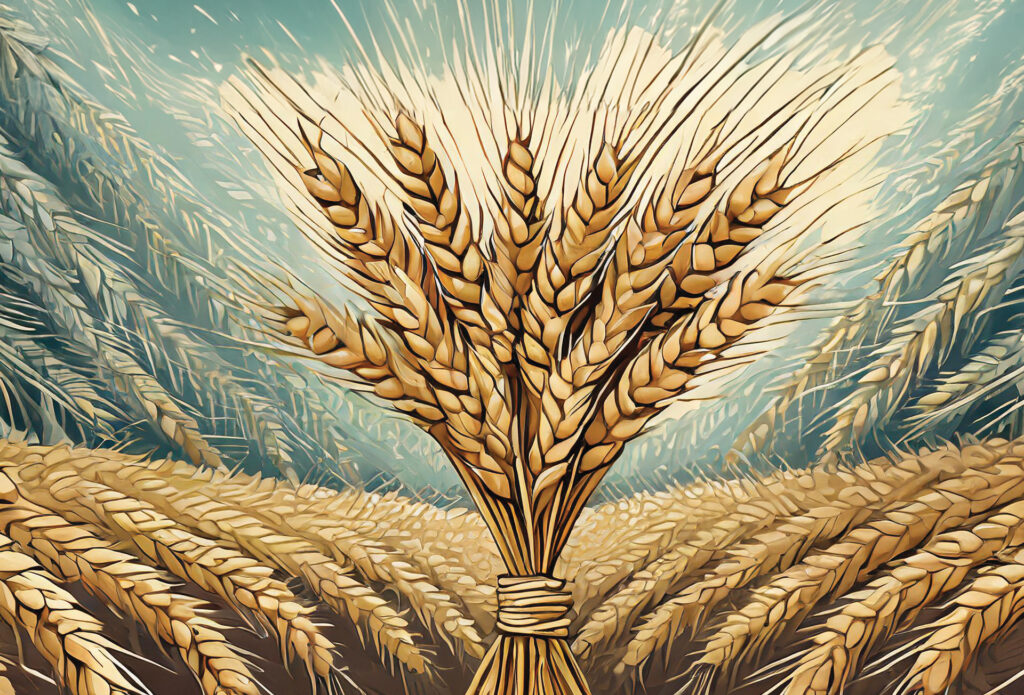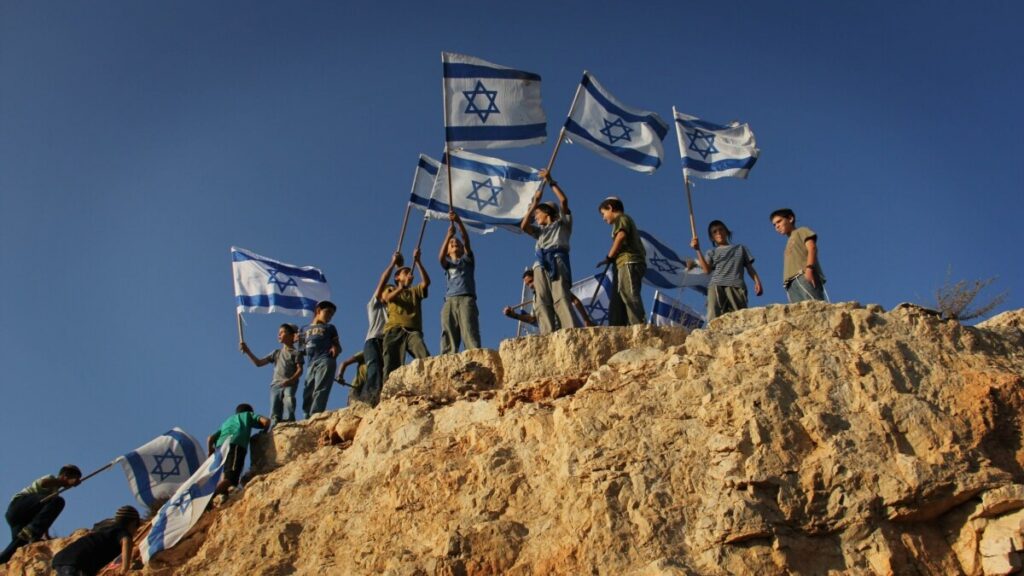
Contrary to the many critics who contend Israel is a racist state, this nation actually stands as the only real democratic country in the Middle East. You cannot find in any neighbouring states where women are voting, people can freely protest against the government, and the courts are separated powers.
These checks and balances include laws that protect minority rights, freedom of religion, speech, association and the press.
Israel’s history as a democracy is truly unique due to the way this nation deliberately decided to become a democracy. It was largely founded by Jews from European socialist and communist backgrounds, yet they consciously opted at the nation’s birth to become a liberal, Western-style democracy. Elections are a national holiday, buses are free, and turnout is often higher than other functioning democracies.
A Chairman of the Central Election Committee which oversaw recent campaigns was an Arab judge from the Supreme Court, Justice Salim Jubran, who served in this sensitive position even though he refused as a youth to serve in the Israeli army, and he will not sing the Israeli national anthem.

In considering the theme of Israeli democracy today, one cannot go far without addressing the charge that Israel is an ‘Apartheid state’.
Within Israel, more than 1.5 million Arab citizens enjoy full and equal rights to vote, to education and work, while also being allowed the advantage of exemption from mandatory military service. Israeli Arabs serve in the government, as Knesset members, Supreme Court justices, on the national soccer team, as Miss Israel contestants, and in the EuroVision song contest. Studies have shown that Israeli Arab Christians, in particular, have a higher average education and higher average income than the nation’s Jewish sector. So, there is no discrimination within Israel that would be similar to the injustices which black South Africans truly suffered under the Apartheid system. The geo-political commentary by political activists in the media class is a mythology.
But some would still say that it is Israel’s mistreatment of the Palestinian Arabs in the disputed territories that make it an Apartheid state. But this is not so much a case of racial or ethnic discrimination and suppression, rather more about legitimate security concerns in the face of endless threats from the rival Palestinian nationalist movement.
Israel has never enjoyed even one day of rest from enemies on her borders in 75 years of her modern existence. Checkpoints and security fences are there primarily to protect Jewish lives rather than to oppress Palestinian lives.

Many in the region still reject Israel as a Jewish state, arguing that no nation can be based on ethnic identity, but don’t consider that the formal name and status of Syria is the “Syrian Arab Republic.” The Arab Republic of Egypt and the United Arab Emirates also are explicitly built on an Arab ethnic identity. In the Taif Accords ending Lebanon’s 15-year civil war, the Maronite Christians – who do not view themselves as Arabs but as proud descendants of the ancient Phoenicians – were forced to accept an agreement declaring Lebanon to be an “Arab state.”
Others reject Israel as a Jewish state by contending that no state can be built on religious identity. Yet in the same region there is the Islamic Republic of Iran, the Islamic Republic of Afghanistan, the Islamic Republic of Pakistan, and the Islamic Republic of Mauritania. The Kingdom of Saudi Arabia also is officially an Islamic state. So, if it is permitted to have an Arab state or an Islamic state, then what is wrong with a Jewish state?
Israel has been able to find that balance between being both a Jewish and a democratic state, and more and more Israeli Arabs are recognizing it and desiring to be a part of it.
In 2022 Israeli politics reached a crescendo of electoral instability with the fifth election in nearly four years, as no party since 2019 had been able to form a coalition. 40 political parties registered despite only 12-14 who were projected to make the 3.25% min quota to win a seat under Israel’s proportional representation system for the Knesset’s 120 seats. Ten parties ultimately succeeded in crossing the electoral threshold and Benjamin Netanyahu was reinstalled as Prime Minister from the centre-right Likud party.






